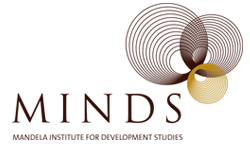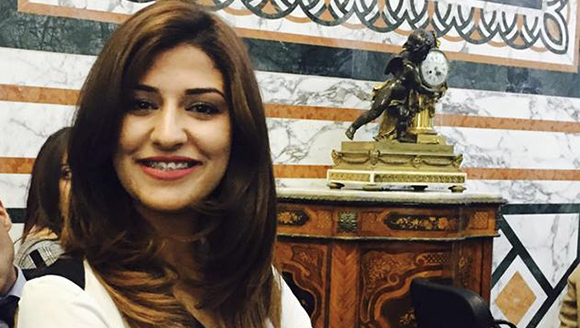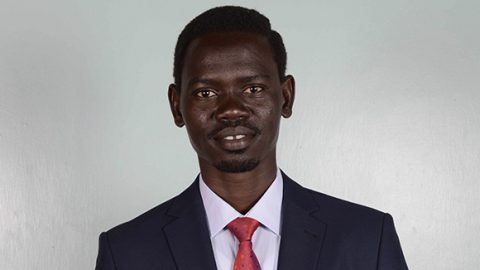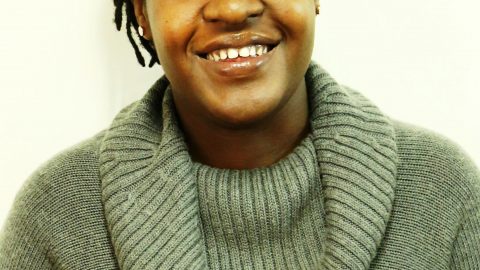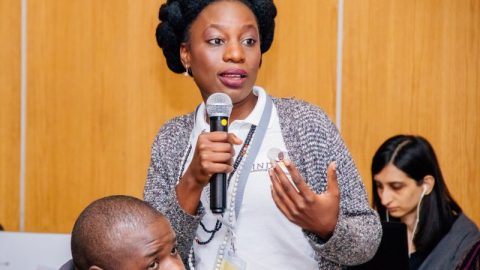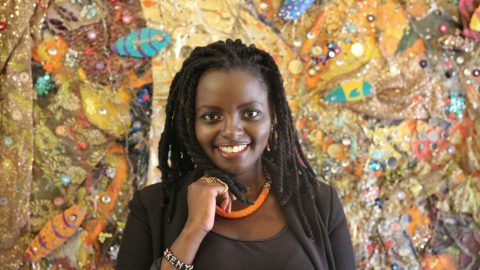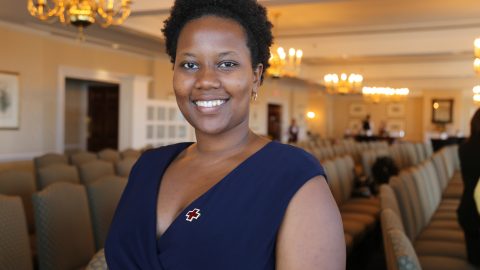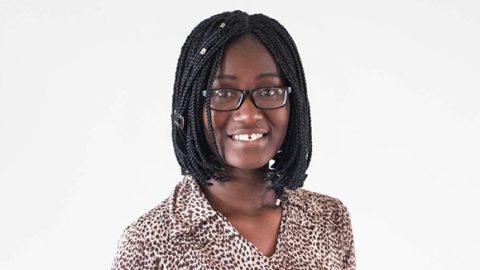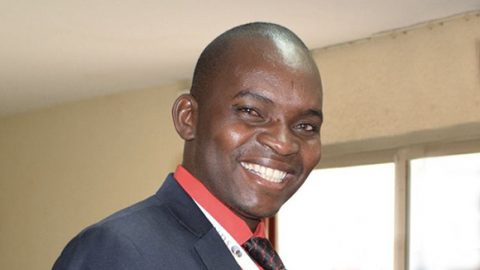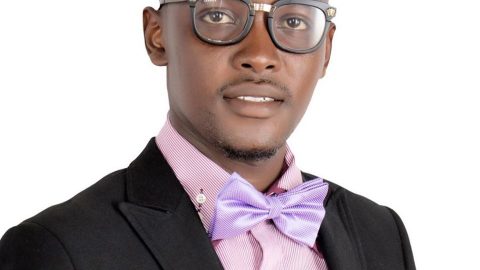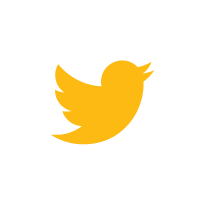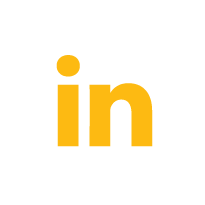Imen Zaouam, MINDS Alumnus – Tunisia
July 2018
Facebook: Imene Zm
LinkedIn: imen zaouam
Instagram: @imen_zm
- Why is it important to have think tanks such as MINDS driving the discourse on leadership, governance, political accountability, roles that the continent’s youth can and should be playing to inform and drive socio-economic and political change in Africa?
There is a permanent logic of change and progress, and there are various social and economic dynamics within our continent that require new approaches. Many youth are demonstrating a willingness to contribute to building their societies. However, they need relevant skills and methods. They, also, need to be framed and surrounded by institutions and organizations in order to advance, perform well and translate their energy into actions. In this framework, the role of think tanks such as MINDS to drive the discourse on leadership, governance, and political accountability is urgent and valid. The existence of such a support can monitor youth, drive initiatives and channel their energies in a way that bring positive change and economic and political progress in the continent. Such think tanks will foster an on-going dialogue of people and institutions and boost the formation of networks between different countries in a sustained manner. These programmes allow participants to gain, global perspective, be able to design and implement innovative programmes in order to give others clearer grasp of the African continent and omit stereotypes revolving around our continent. These kinds of programmes incite the youth to challenge themselves and experience culturally different countries and to familiarise themselves with various behavioral patterns.
- How did your engagement with MINDS change your views, approach, and opportunity to become more engaged and involved?
To answer this question, I would need to take a moment to compare myself between my pre and post experience with MINDS. I’m definitely not the same person. I have indeed gained a lot of insight through the high quality trainings and interactive workshops. It is worthy to note that not only were the trainings were fruitful, but so were the discussions, outside meetings and talks that I shared with my fellow colleagues, who have very quickly become my friends. I even enjoyed stays in some of my colleagues’ houses, who surprised me with their hospitability. We exchanged and talked openly, like we knew each other from long time ago! I’m so grateful to have met such inspiring and amazing people. I learnt from everyone single one of them. I admire each of them.
The MINDS experience gave a platform to meet various people from more than 25 African nationalities and who seem to know more about my continent! This is something that doesn’t happen every day. I am very proud that I was given the chance to build my perceptions of my continent based on real life experiences and not only those advocated in the media. It has helped me as well to acquire a more positive attitude and an open personality.
When I travelled through our continent, I faced some misunderstandings and stereotypes. However, I was extremely happy to clarify some ideas and represent my county in the best way possible. I am just so grateful to the MINDS team for giving us the opportunity to discover and learn more about the continent. I have learnt so much and become more humble. Every time you travel you realise how much you did not know about the world and how much there is to know about. I want to thank the MINDS Family for everything.
- What have you done since engaging with MINDS?
When I started with MINDS I was a student in MA International Relations. My participation in the MINDS workshops provided me with relevant skills and offered me the opportunity to invest all that I learned back into my community, particularly in civil society and with students, later as a teacher. I also had the opportunity to participate in international experiences, such as an exchange programme in Germany. Likewise, I was selected by the African Union Youth Volunteer Corps as a volunteer and was offered employment in South Africa in the African Peer Review Mechanism (APRM), which I unfortunately had to decline as I was integrated at the Ministry of Foreign Affairs of Tunisia, as a diplomat and where I was able to realise a long-cherished dream of representing my country and bear its flag everywhere.
- How can we (individually, as countries and the continent) do more, do better and do differently? And how are you going to be involved?
Individually, I believe everyone is capable to do something and to be an agent of change. We have to be realistic and not wait to be in a high level position to make a change. When we fulfill out duties, work hard and think that our work will benefit others, then we are doing the right thing. Egocentrism kills prosperity. When we succeed and learn something, we have to SHARE and SPREAD it; it will definitely inspire others somehow. Likewise, countries should involve youth in the decision making process and invest in youth potential to ensure viable and sustainable development. In fact, the technological evolution and the growing importance of civil society makes it possible more than ever to bring together visions and opinions of individuals, civil society, politicians and stakeholders. Even Social Media today is capable of making youth voices be heard. There is no excuse for decision makers to ignore the voices of youth nowadays.
Finally, I firmly believe that there is an inextricable interdependence of roles between individuals, civil society and various invested stakeholders: they complete and rely on each other. Everyone can be involved in this process to build the best future possible for the coming generations. As far as I am concerned, I always feel it is my moral obligation to contribute to making a change by sharing and benefitting my community. My teaching experience has helped me tremendously to fulfill this sense of obligation and RESPONSIBILTY of enlightening the future generations.
To learn more about how you can submit an article or blog for consideration, please read our Editorial Policy Guidelines document.
